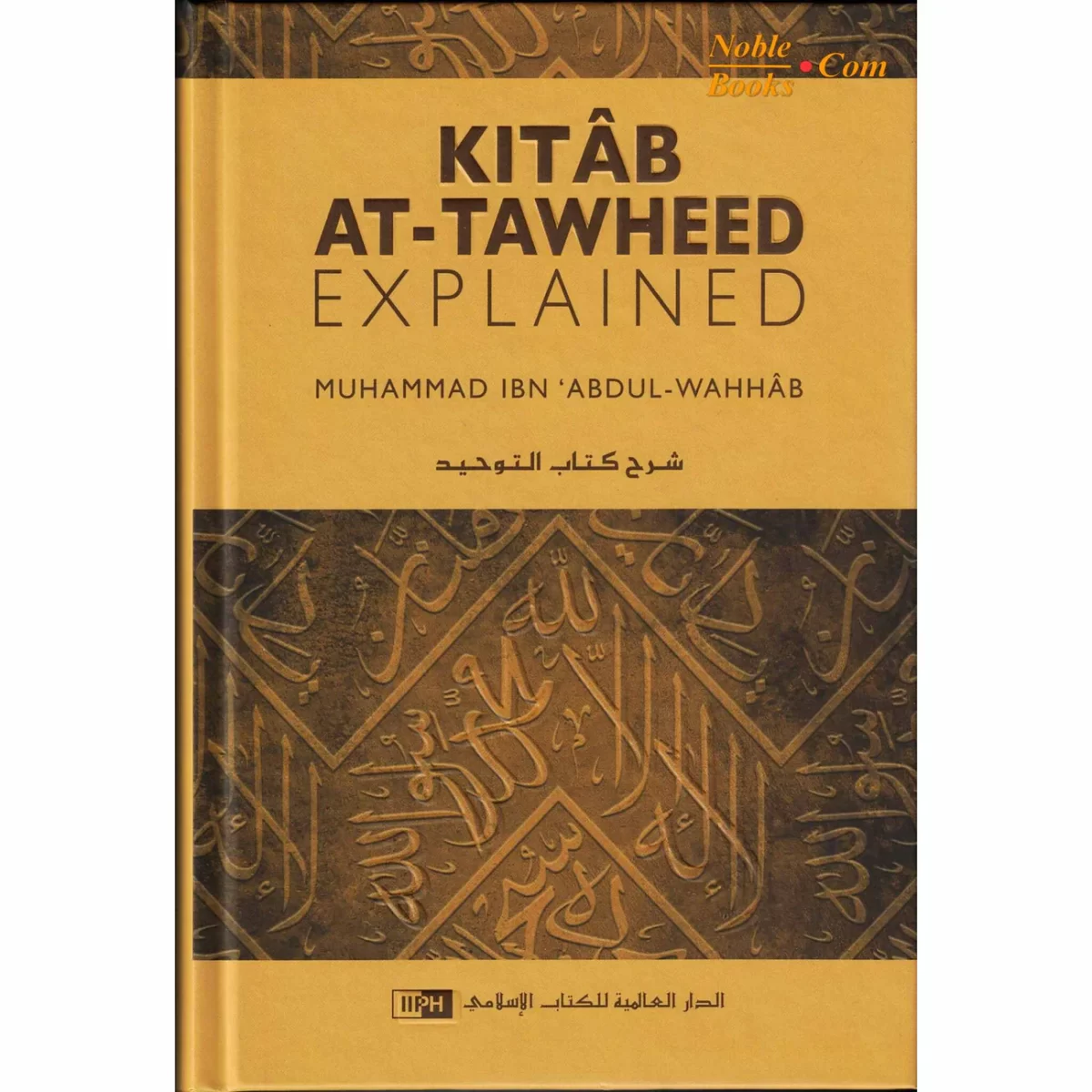The Sunnah and its Role in Islamic Legislation By Mustafa as-Sibâ‘ee

” The Sunnah ” The Qur’an is the word of Allah, but not the sole source of Islamic law. Side by side with it is the Sunnah the deeds, words, and approvals of the Prophet Muhammad ﷺ. The Sunnah clarifies, supplements, and implements the Qur’an and represents the second major source of Islamic law.
In “The Sunnah and Its Role in Islamic Legislation,” Dr. Mustafa as-Sibā’ee presents an intellectual but readable apologetic for the authority of the Sunnah. His book responds to objections posed by skeptics who question the validity or function of hadith as a source for Islamic law.
A Response to Modern Critics
In contemporary times, there have been arguments by some reformers and thinkers that people must only obey the Qur’an. They don’t believe in the Sunnah as secondary or redundant. This is, however, a point of disagreement with the Islamic scholarship consensus over centuries.
Dr. as-Sibā’ee penned this book reacting to such arguments. With simplicity and serene reason, he demonstrates how the Sunnah is crucial in interpreting and implementing the Qur’an. In the absence of the Sunnah, the Qur’an’s orders would be incomplete and hard to enforce.
Scholarly Yet Easy to Read
Although a scholarly book, the book is lucid and readable in style. Dr. as-Sibā’ee was a prominent scholar of the Islamic revivalist movement with a strong grasp of classical Islamic sciences as well as contemporary issues.
This blend enables him to establish a link between traditional learning and present-day problems. The reader gets an academically researched, balanced, and reflective account of the legislative role of the Sunnah.
Describing the Nature of the Sunnah
The book starts by describing what exactly the Sunnah is. Dr. as-Sibā’ee makes clear that it comprises the Prophet’s ﷺ statements, deeds, and silent approvals. These were documented by his companions and passed on via acceptable chains of narration.
The writer stresses that the Sunnah is not a product of subsequent generations but a source that is directly connected to the Prophet’s life ﷺ. It was retained by scholars using a careful science of hadith unparalleled by any other tradition in the past.
The Sunnah as a Source of Law
Historically, Islamic scholars have all been in agreement that the Sunnah is a source of binding law. It clarifies general rulings mentioned in the Qur’an, provides specific illustrations, and presents rulings not explicitly stated in the Qur’an.
Dr. as-Sibā’ee confirms this with numerous examples. For example, the Qur’an instructs Muslims to pray, yet how to pray its units, acts, and times is explained in the Sunnah. Without it, prayer would be ambiguous and unperformable.
Refuting Misconceptions with Evidence
One of the best aspects of the book is its peaceful, logical reply to contemporary criticism. Dr. as-Sibā’ee counters objections like: “Can we trust hadith?” or “Was the Sunnah written down too late?” He counters these queries by using historical facts and scholarly consensus.
He also denies the notion that hadith contradict the Qur’an. Rather, he demonstrates how they complement each other beautifully once understood accurately. The Prophet ﷺ was not sent only to convey the message but also to clarify and demonstrate it.
Maintaining the Sunnah Through Science
One of the central discussions in the book is how the Sunnah was preserved. Dr. as-Sibā’ee details the stringent procedure followed by hadith scholars to authenticate narrators, chains, and texts. Some of these include memory rules, integrity rules, and continuity rules for the isnād (chain).
These norms guaranteed that only true narrations were admitted into books like Sahih Bukhari and Sahih Muslim. The end result is a huge body of knowledge both preserved and critically analyzed something unlike in any other past tradition.
The Consensus of the Ummah
Dr. as-Sibā’ee reminds one that all four Sunni madhhabs are greatly dependent on the Sunnah. Since the first companions down to classical jurists, there has never been any influential scholar who denied the legislative status of the Sunnah.
He emphasizes that agreement on this point is not coincidental—it is evidence of divine preservation guaranteed for the religion of Islam. People who try to disconnect the Sunnah from the Qur’an are actually causing confusion to something that has been preserved in a clear way.
For the Student, Teacher, and Seeker of Truth
This book is a must-read for anyone who is serious about learning Islamic law. You may be a student of knowledge, teacher, or ordinary Muslim confronting contemporary doubts. Dr. as-Sibā’ee’s work dispels obscurity, offers depth, and brings assurance.
It’s also helpful to Muslims who are interested in defending their religion intellectually. The book equips the reader with historical realities, sound arguments, and spiritual perception to respond to criticisms without engaging in bitter debate.
Reviving Respect for the Prophetic Way
Above all, this book is a plea to reclaim the original tradition of the Prophet ﷺ. In a time of disorientation also re-interpretation, it invites Muslims to cling to both the Qur’an and the Sunnah as complementary and indivisible.
Dr. as-Sibā’ee demonstrates that neglect of the Sunnah equals losing the essence also framework of Islam. Muslims can only succeed in living the Qur’anic message in individual also collective life by emulating the Prophet ﷺ.
Read more: A Textbook on the Description of the Prophets Prayer By Imam Muhammad Nasir Al-Din al-Albani









